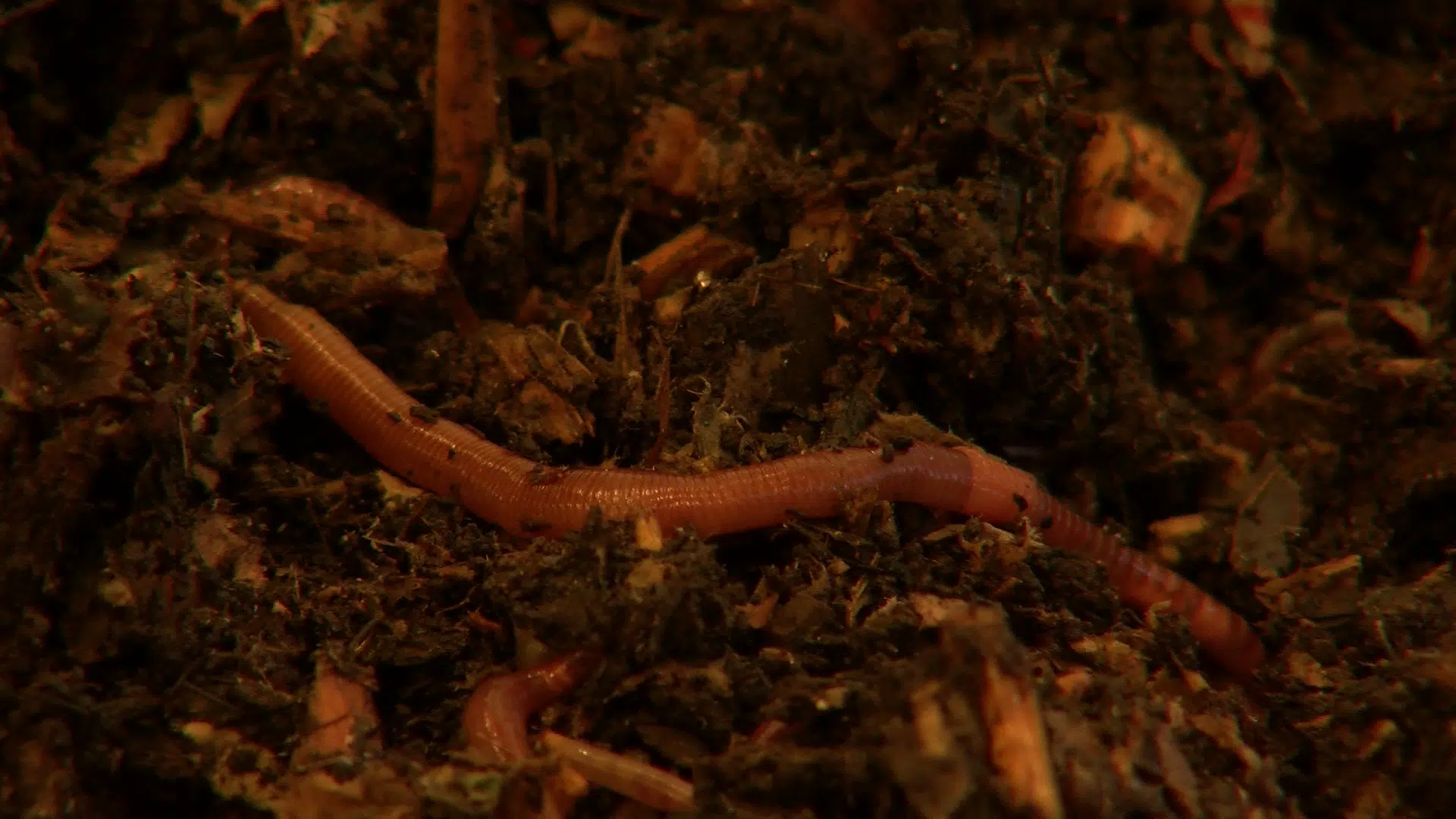
Worming the way to better soil
MEDICINE HAT, AB – Imagine for a second, a world where we could take our garbage and turn it into food.
Well, one local woman is taking that idea and using it to make food, but not for humans…for worms.
“We are a worm farm,” explained owner of T.R.A.D Industries, Roxanne Doerksen. “And what we do, is we pick up garbage from local companies that would generally be slated for the landfill. We process it into an organic goo/soup and we feed it to our worms.”
From there, Doerksen says the worms eat the processed garbage, poop it out and then they harvest their manure as castings and use it as an organic soil amendment.
